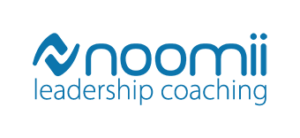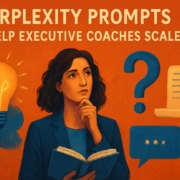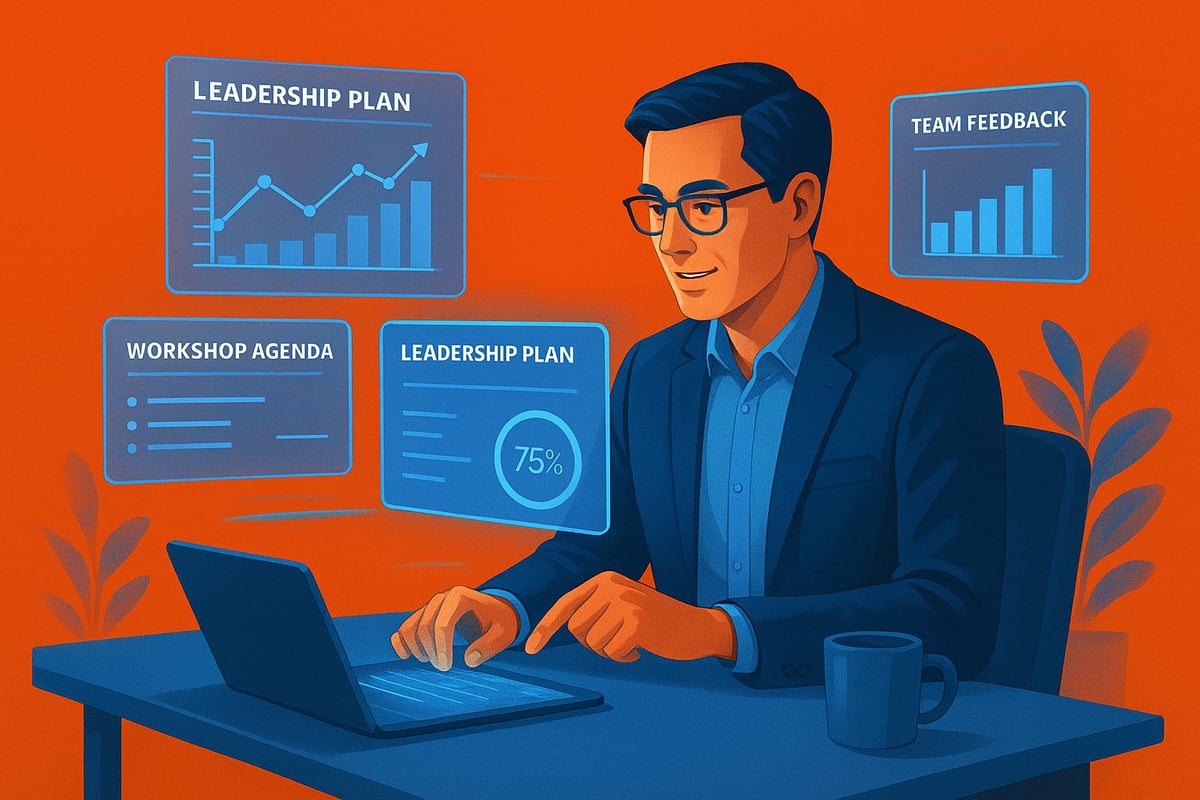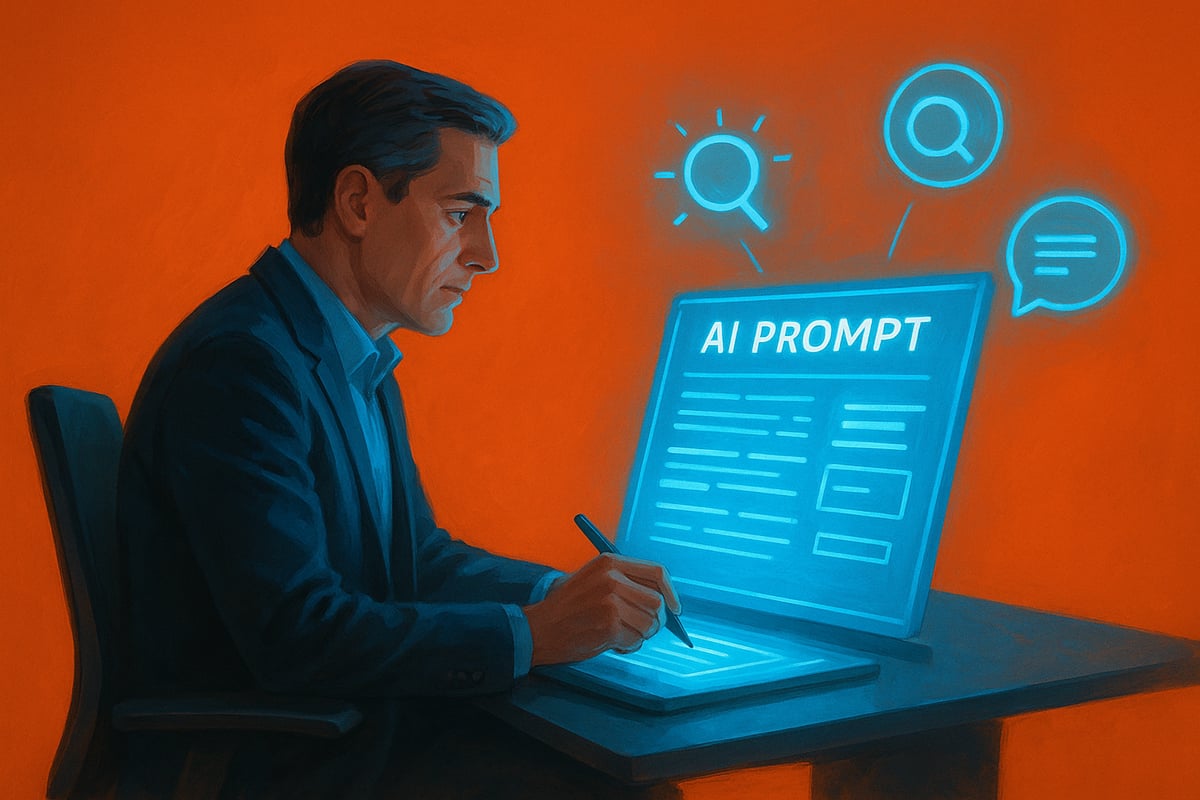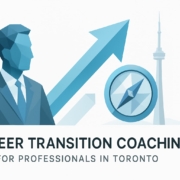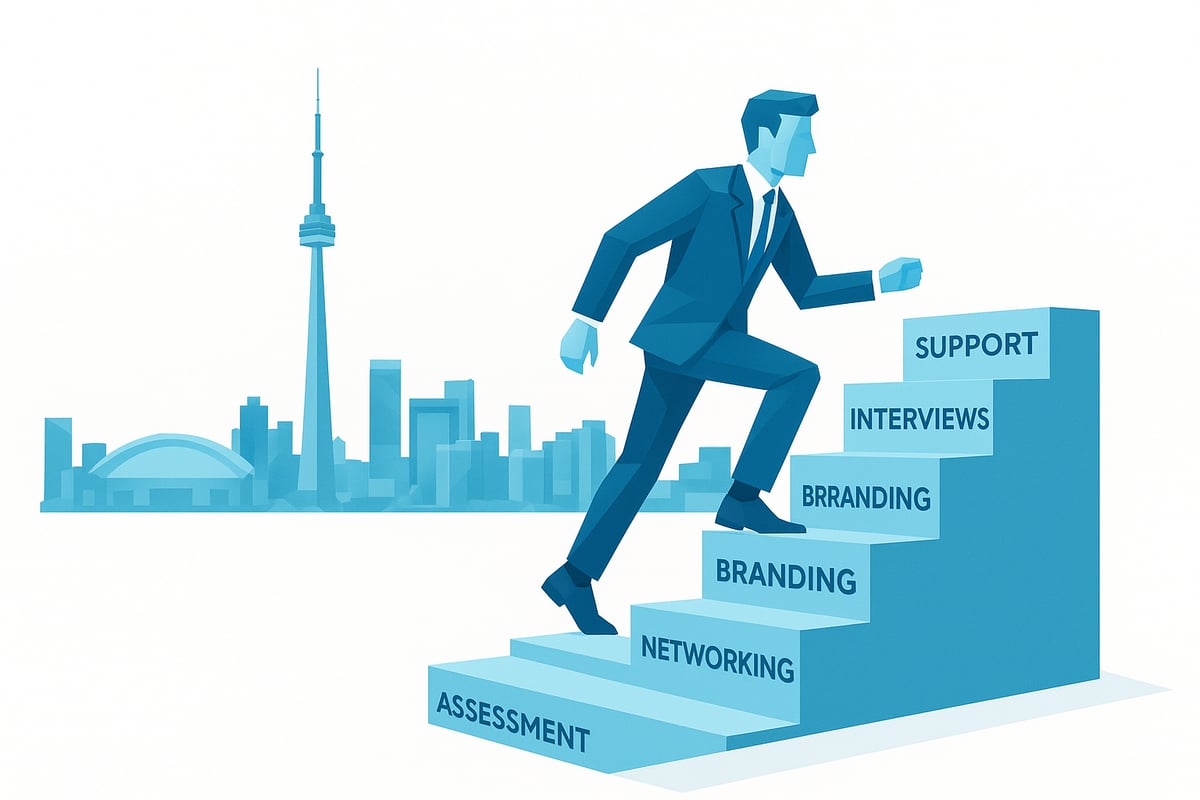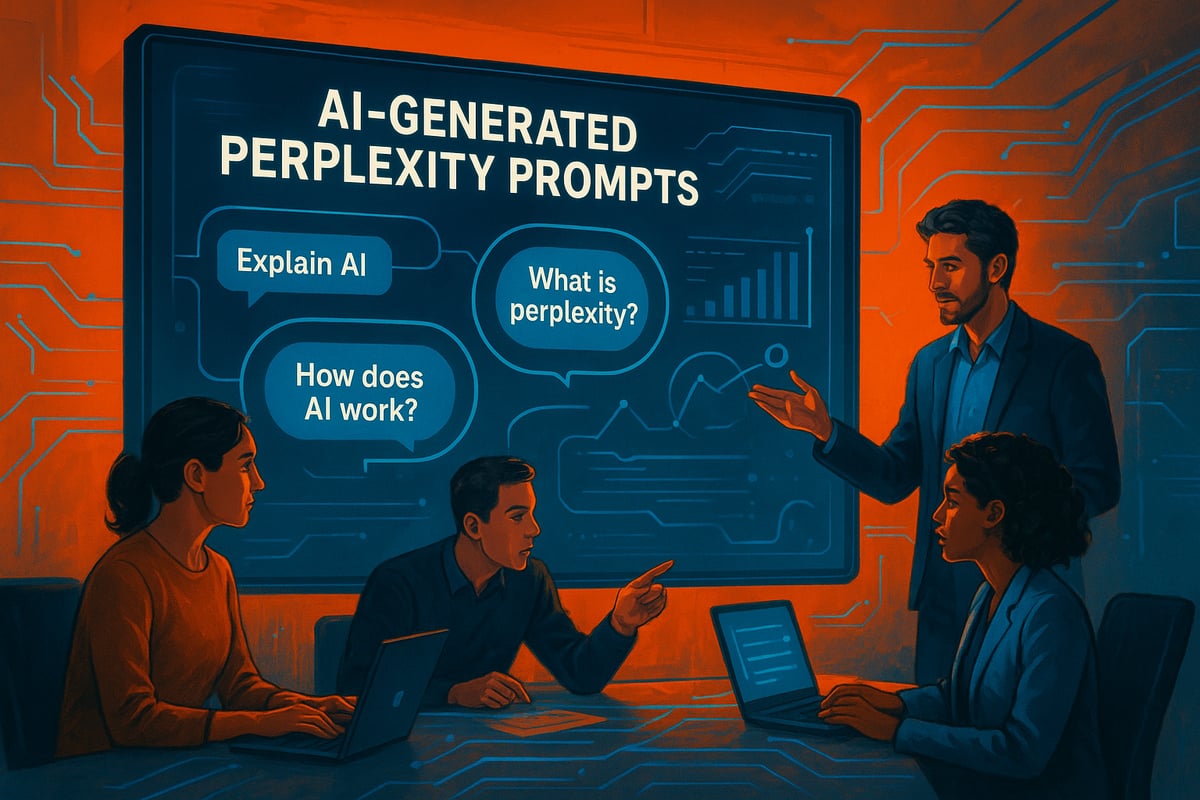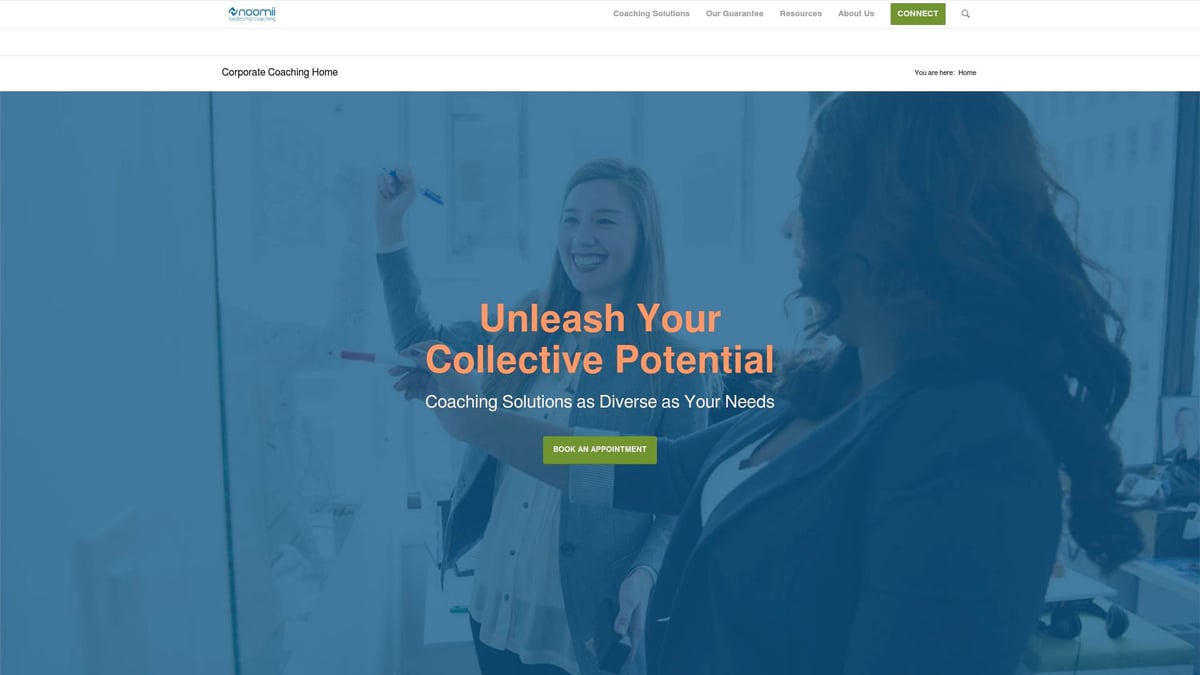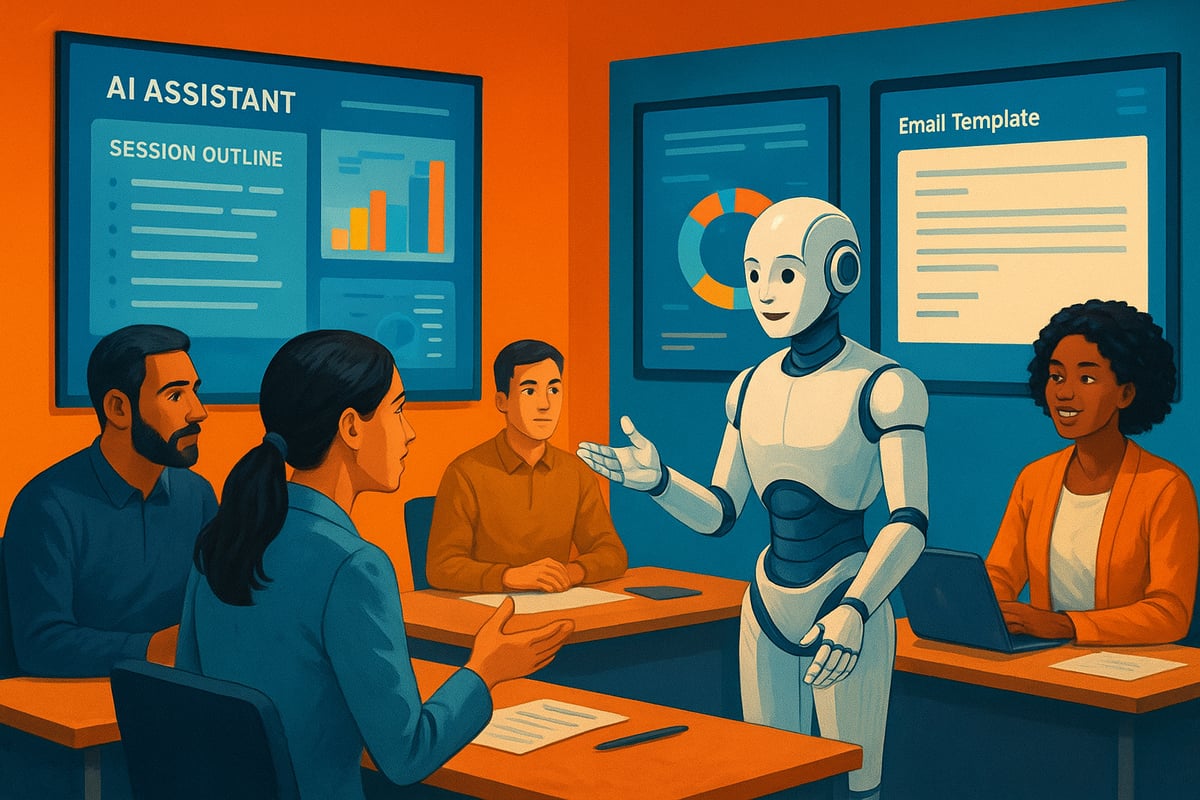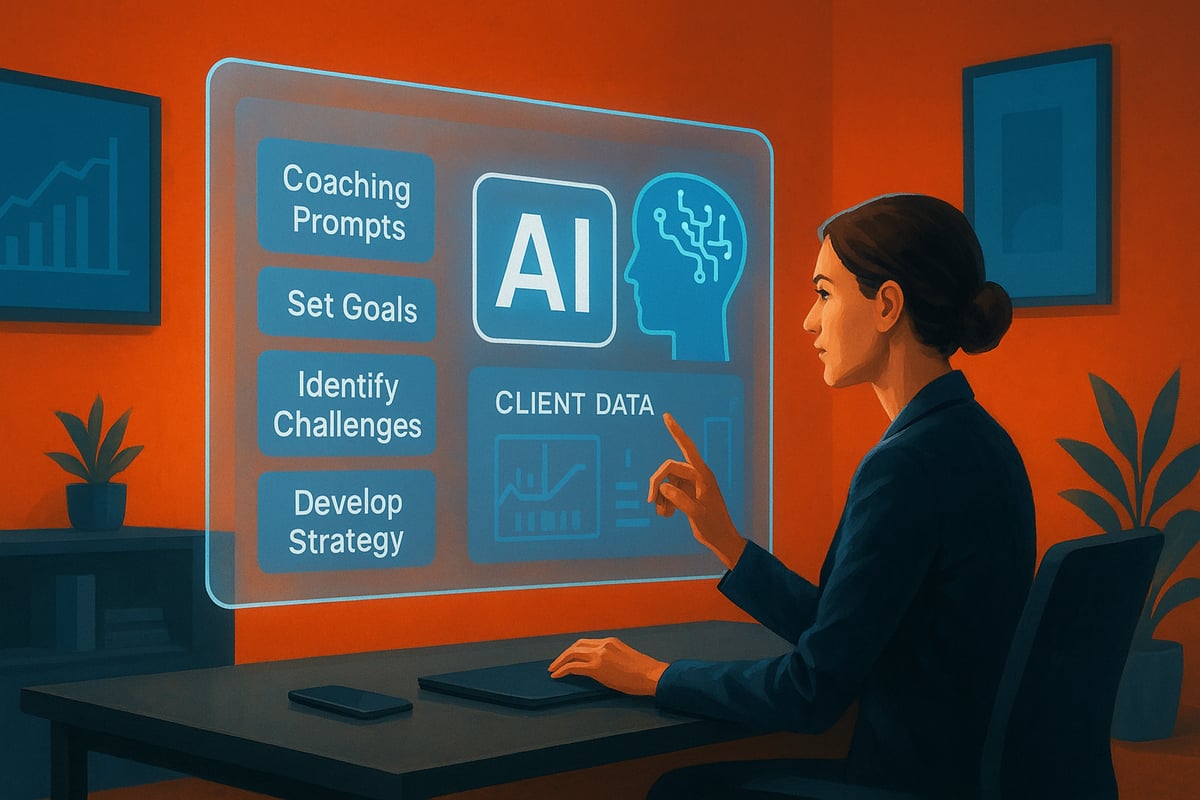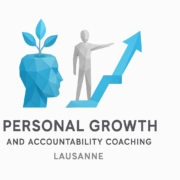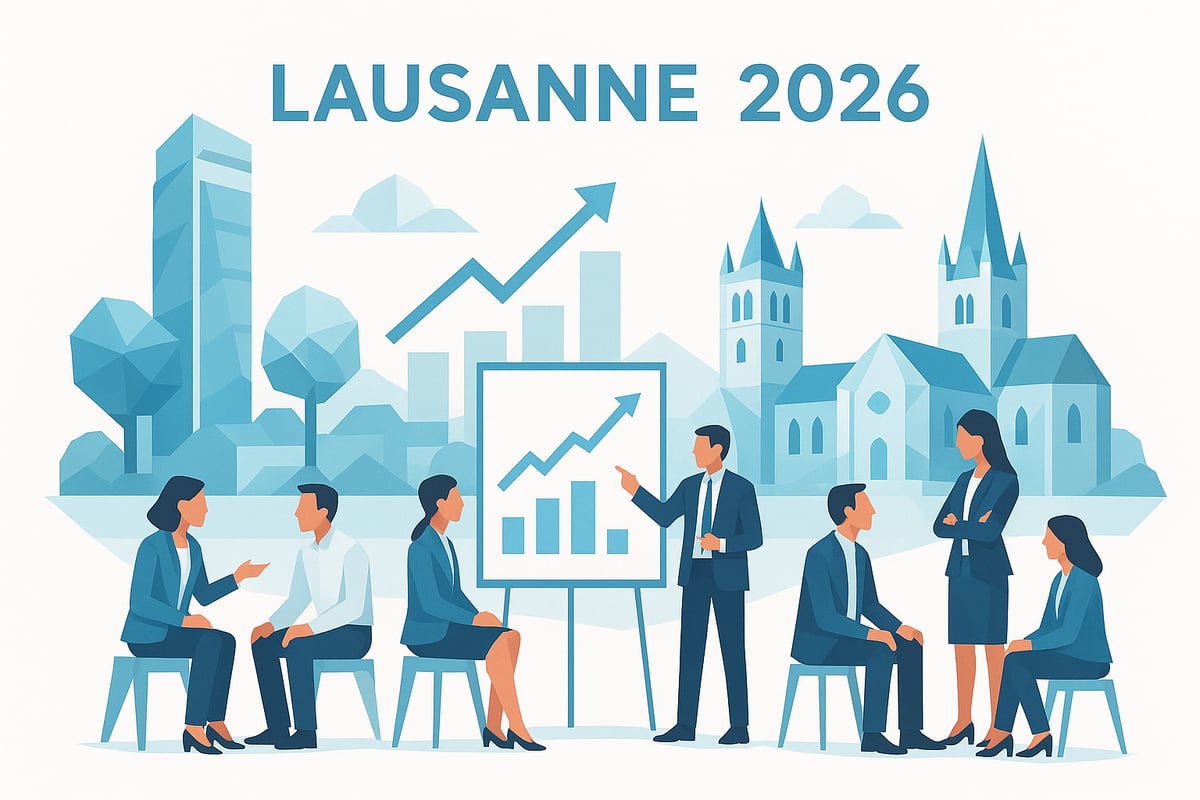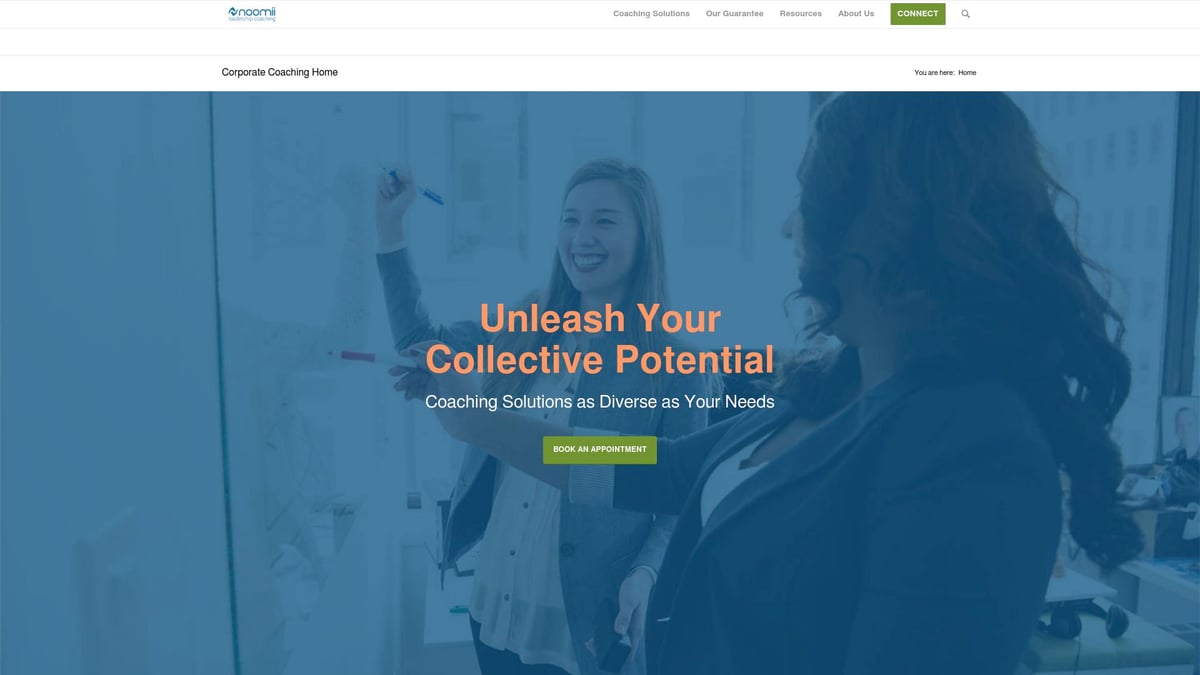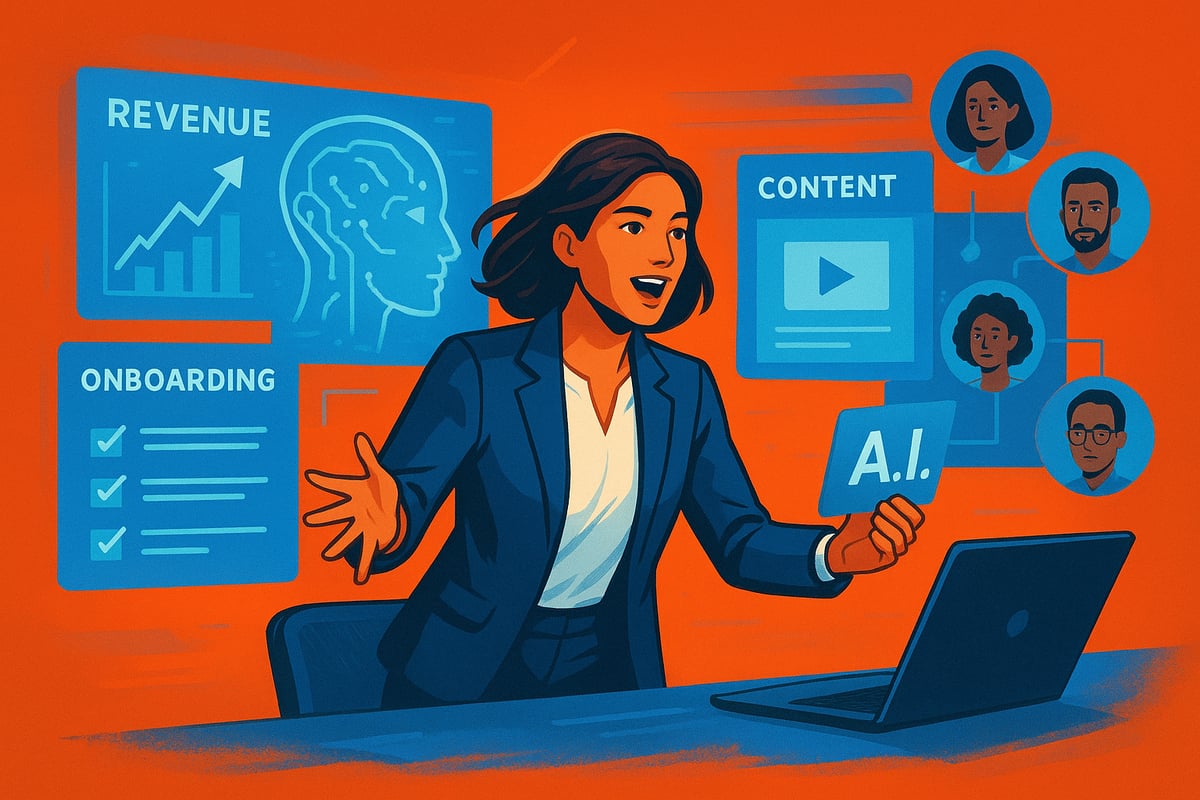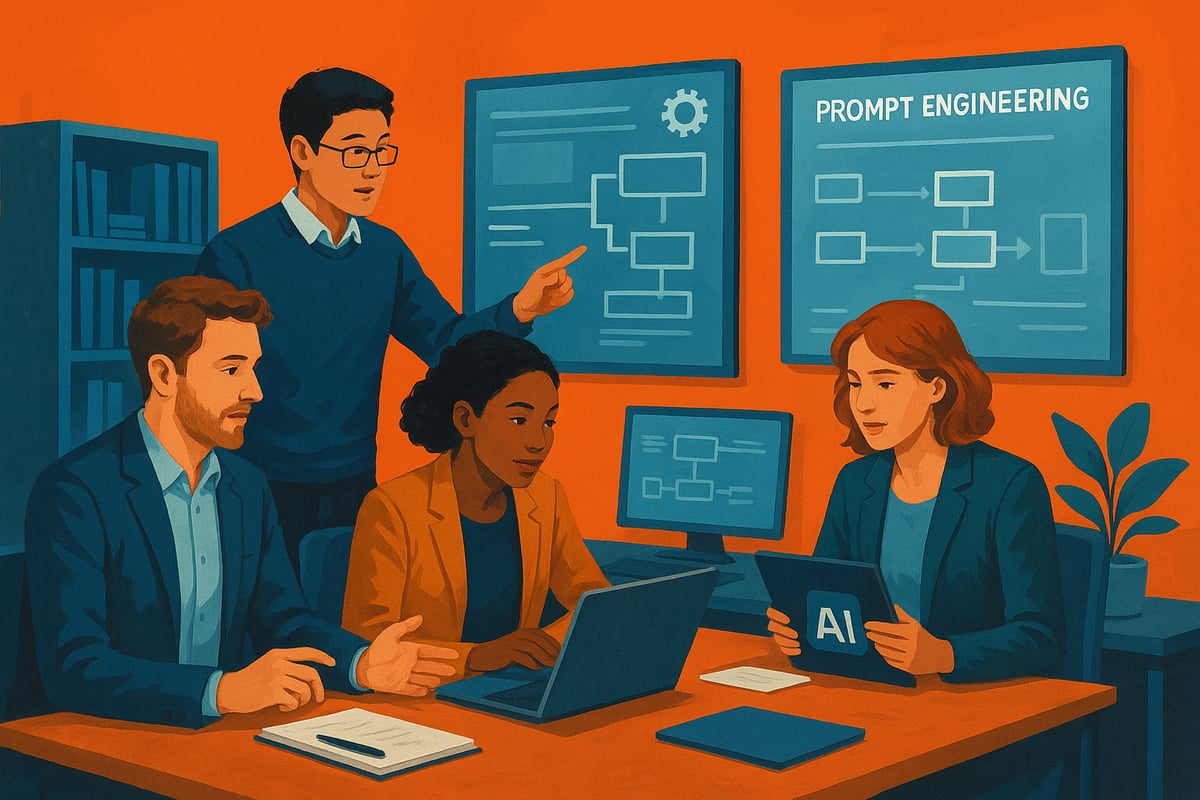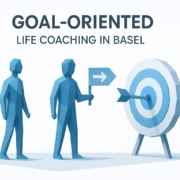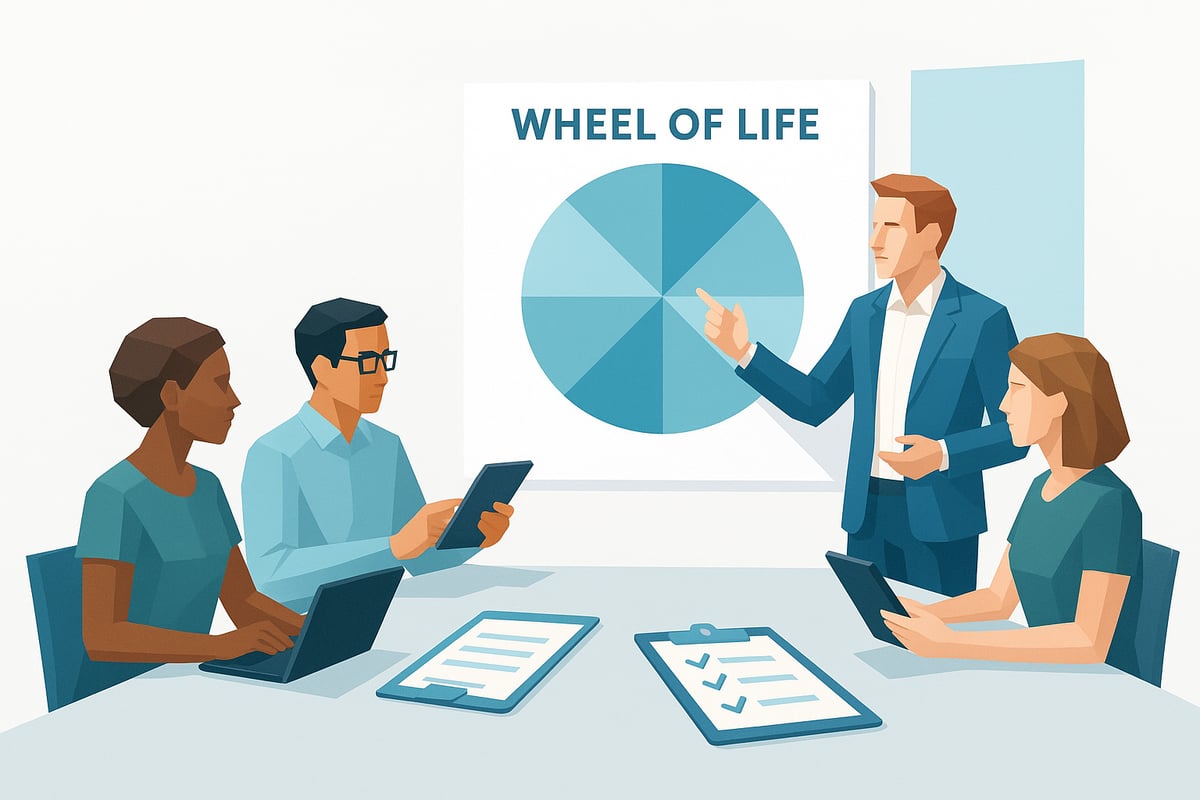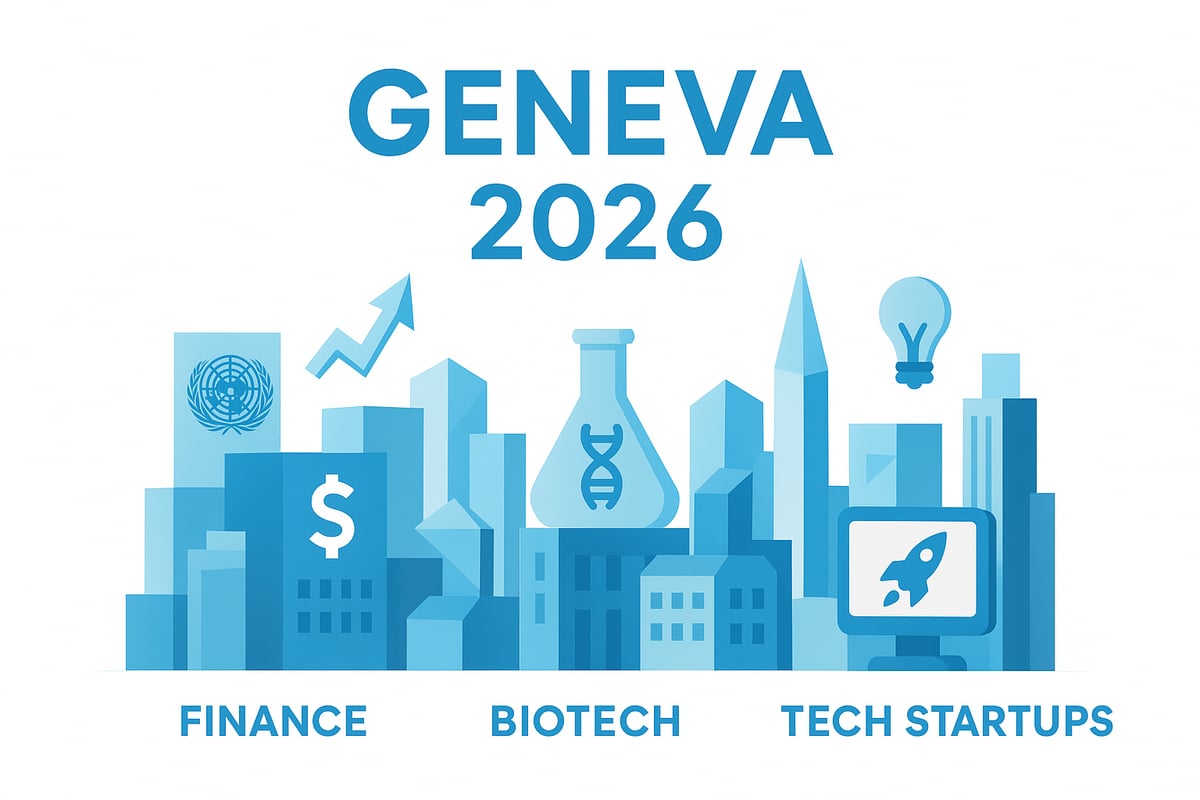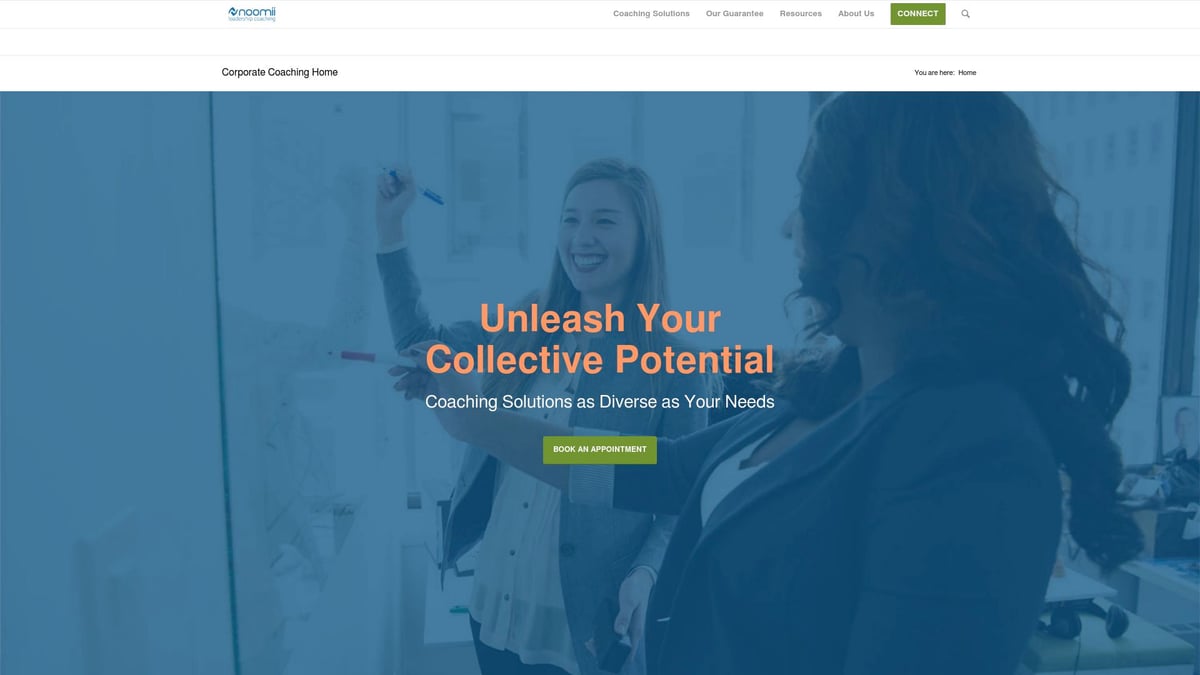Career Development and Planning in Vancouver: The 2026 Guide
Vancouver’s job market is evolving rapidly, making career development and planning in vancouver essential for anyone aiming to stay ahead in 2026. With technology, remote work, and shifting economic trends shaping opportunities, professionals, students, and career changers must take a proactive approach. Structured planning offers clear advantages, from identifying growth sectors to building resilience in a competitive landscape. This guide provides actionable steps, expert advice, and local resources to help you navigate career development and planning in vancouver with confidence.
Understanding the Vancouver Job Market in 2026
Vancouver’s job market is poised for significant transformation by 2026. For anyone focused on career development and planning in vancouver, understanding these shifts is essential. The city’s economic landscape is shaped by rapid technological advances, evolving industries, and a diverse, global talent pool.

Key Industries and Growth Sectors
Vancouver’s economy thrives on innovation, creativity, and sustainability. The top industries fueling career development and planning in vancouver include technology, film and television production, green energy, healthcare, and tourism. Each sector offers unique growth opportunities for professionals and newcomers alike.
Tech remains a powerhouse, with companies like Hootsuite and local startups driving digital transformation. The film industry, boosted by international productions, continues to expand its footprint. Green energy, led by firms such as Ballard Power, positions Vancouver as a hub for clean technology. Healthcare is also on the rise, responding to population growth and aging demographics. Tourism, though impacted by global events, is rebounding with new experiences and eco-tourism initiatives.
| Industry | 2026 Projected Growth | Leading Companies | In-Demand Roles |
|---|---|---|---|
| Technology | 8% | Hootsuite, SAP, Clio | Software Developers, Data Analysts |
| Film & TV | 7% | Netflix, Disney Studios | Producers, Editors, Animators |
| Green Energy | 10% | Ballard Power, Westport | Engineers, Project Managers |
| Healthcare | 9% | PHSA, Providence Health | Nurses, Allied Health, Managers |
| Tourism | 6% | Fairmont, Rocky Mountaineer | Hospitality, Tour Operators |
Government initiatives, such as innovation grants and targeted immigration programs, actively support sector growth. Startups and innovation hubs like the Vancouver Economic Commission foster entrepreneurial activity, leading to new job creation and skills demand.
International investment and skilled immigration further diversify the market. With B.C. Labour Market Outlook 2025 forecasting over 1 million job openings in the next decade, the need for career development and planning in vancouver has never been greater. In-demand roles increasingly require digital literacy, adaptability, and strong communication skills.
Yet, challenges persist. Competition is fierce, automation is reshaping traditional jobs, and the influx of global talent raises the bar for local professionals. Navigating these waters calls for a strategic approach to career development and planning in vancouver, leveraging both emerging opportunities and support systems.
Economic and Social Trends Shaping Careers
The post-pandemic era has accelerated remote and hybrid work models, fundamentally altering how organizations operate. For those invested in career development and planning in vancouver, adapting to flexible work environments is now a core competency. Many companies offer remote-first roles, expanding access but also increasing competition from outside the city.
Vancouver’s high cost of living influences career choices and salary expectations. Many professionals seek employers with robust benefits and remote work flexibility to balance expenses and lifestyle. Demographic shifts also play a role. A growing youth population, an aging workforce, and increased diversity are reshaping workplace cultures and expectations.
Sustainability is another powerful driver. The push for green jobs and environmentally responsible business practices creates new career paths, particularly in renewable energy and sustainable tourism. Local professionals are embracing micro-credentials and continuous education to stay competitive.
According to recent city and provincial labor reports, Vancouver’s workforce is more educated and diverse than ever before. Stories of career pivots, such as tech workers retraining for green energy roles, highlight the city’s adaptability. These trends reinforce the importance of forward-thinking career development and planning in vancouver.
Staying informed, building adaptable skills, and leveraging local resources are key steps.
Steps to Effective Career Planning in Vancouver
Planning your future in a competitive city starts with a clear strategy. To succeed with career development and planning in vancouver, you need a step-by-step approach. Each action you take builds the foundation for long-term growth, adaptability, and satisfaction in your chosen field.
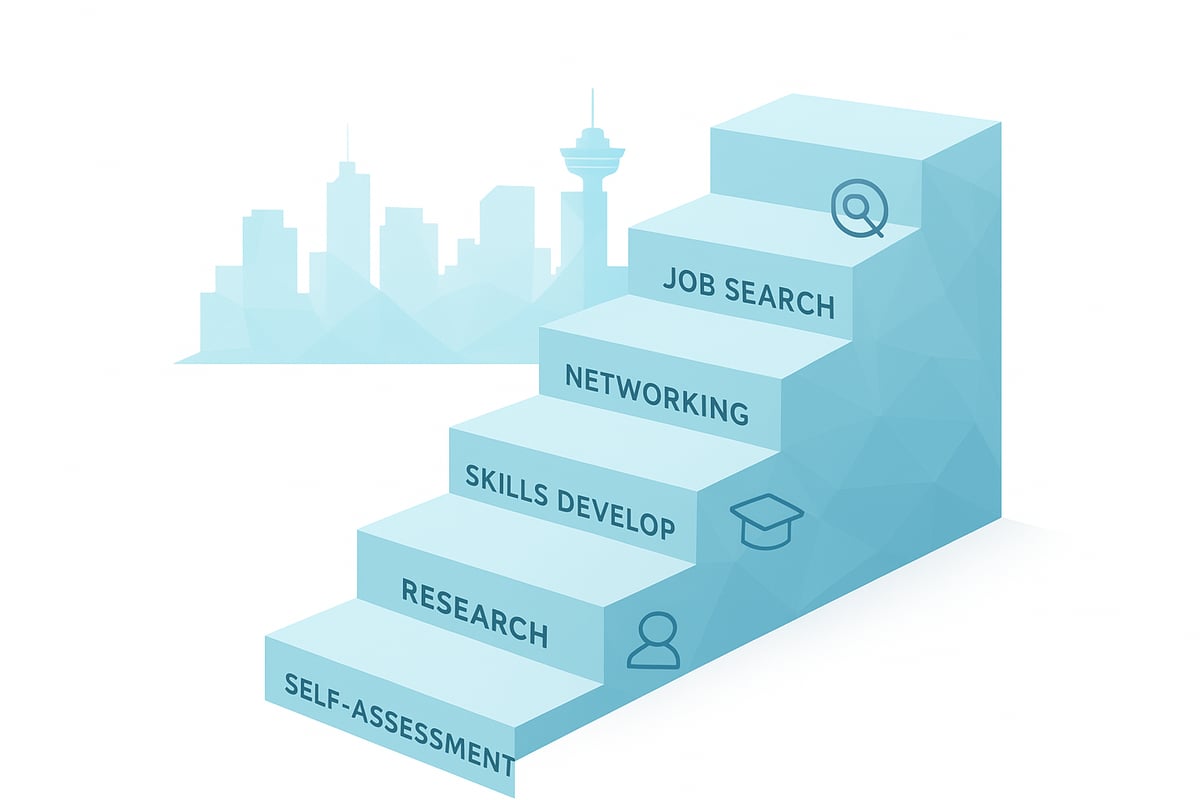
Step 1: Self-Assessment and Goal Setting
Begin with honest self-reflection. Career development and planning in vancouver starts by understanding your values, strengths, and interests. Use proven tools like Myers-Briggs or StrengthsFinder to pinpoint your core skills. These insights help you set clear, achievable goals.
Set SMART goals—Specific, Measurable, Achievable, Relevant, and Time-bound—to map out your next steps. Local career counselling centers, such as those at UBC or SFU, offer professional guidance. Online platforms also provide self-assessment resources.
Consider the journey of a Vancouver professional who transitioned from retail to healthcare by identifying transferable skills and setting focused milestones. Research shows those who set detailed goals experience higher career satisfaction and progress more quickly. Self-assessment is the keystone for effective career development and planning in vancouver.
Step 2: Researching Career Paths and Opportunities
Next, explore the possibilities. Successful career development and planning in vancouver relies on researching roles, industries, and employers that align with your vision. Use local job boards, attend networking events, and dive into industry reports for up-to-date insights.
LinkedIn and Vancouver-based professional groups are powerful tools for connecting with insiders and learning about unadvertised opportunities. Attend career fairs or informational interviews to gain firsthand perspectives.
A UBC graduate recently mapped her pathway into green energy by leveraging university job portals, alumni networks, and city labor reports. Proactive research ensures you spot trends early and position yourself for growth. To streamline this process, explore WorkBC Career Planning Resources for tailored tools and information specific to the local market.
Step 3: Skills Development and Education
Bridging skill gaps is crucial for career development and planning in vancouver. Start by analyzing labor market data to identify in-demand skills in sectors like tech, healthcare, and green energy. Vancouver’s universities, colleges, and training centers offer certificate programs, micro-credentials, and co-op placements to help you upskill.
Online platforms such as Coursera and edX allow you to learn flexibly. Explore government grants and funding, which can make upskilling more accessible. A growing number of professionals are moving into tech by enrolling in local bootcamps and industry-led courses.
Recent statistics reveal that upskilling increases employability and salary prospects. Prioritizing ongoing education keeps you competitive and resilient in Vancouver’s evolving job market.
Step 4: Building a Professional Network
Relationships drive opportunity. Effective career development and planning in vancouver depends on strong professional networks. Start by attending industry meetups, alumni events, or sector-specific conferences. Informational interviews help you learn about company cultures and role requirements.
Mentorship programs and local associations open doors to guidance and support. A Vancouver marketer landed her dream job after a single connection made at a networking breakfast. The data is clear—over 70 percent of jobs are filled through networking rather than traditional applications.
To maximize your efforts, join professional groups and volunteer for events. Every connection brings you one step closer to your next opportunity in Vancouver’s vibrant economy.
Step 5: Job Search Strategies and Application Process
Crafting a winning application is the final step for career development and planning in vancouver. Tailor your resume and cover letter to Vancouver’s job market, emphasizing relevant experience and local knowledge. Use city-specific job portals and reputable recruitment agencies for targeted searches.
Prepare for interviews by researching Vancouver employers and practicing common questions. If you’re a newcomer or changing careers, highlight transferable skills and share your adaptability story.
Many candidates secure roles by networking or through referrals, so keep building relationships even while applying. Consistent effort and local insight will help you achieve your career goals in Vancouver.
Leveraging Local Resources and Support Systems
Navigating career development and planning in vancouver is much easier when you know where to look for support. Vancouver offers a wealth of local resources, government programs, educational institutions, and nonprofit initiatives dedicated to helping professionals, students, and newcomers thrive in their careers.
Government Programs and Career Services
The foundation for career development and planning in vancouver often starts with public resources. WorkBC, the Vancouver Public Library, and city-run career centers provide a range of free and subsidized services. These include career workshops, resume clinics, and job fairs designed to connect job seekers with employers.
WorkBC offers employment counseling, skills training, and access to a robust online job board. The Vancouver Public Library hosts regular events on resume writing, interview skills, and networking strategies. City career centers can help you navigate employment insurance, funding options, and transition support.
Getting involved with these programs early can make a significant difference. For example, many professionals have used WorkBC to transition between industries or return to work after a career break. Engaging with these resources can accelerate your career development and planning in vancouver by providing expert guidance and valuable connections.
Educational Institutions and Training Providers
Vancouver is home to world-class educational institutions that play a key role in career development and planning in vancouver. The University of British Columbia (UBC) and Simon Fraser University (SFU) offer a wide range of undergraduate, graduate, and continuing education programs. Community colleges like Vancouver Community College (VCC) and British Columbia Institute of Technology (BCIT) provide practical training, co-op placements, and micro-credential courses.
Many institutions partner with local businesses to offer internships and co-op programs, giving students direct access to the job market. These placements often lead to full-time roles and are a proven pathway into Vancouver’s top industries.
Online learning platforms, such as Coursera and LinkedIn Learning, allow you to upskill at your own pace. Government grants and scholarships are available to help offset the cost of further education, making it accessible for those focused on career development and planning in vancouver.
Community Organizations and Nonprofits
Community organizations and nonprofits are essential for inclusive career development and planning in vancouver. Groups like MOSAIC, SUCCESS, and the Immigrant Services Society of BC (ISSofBC) offer specialized programs for youth, newcomers, and underrepresented populations. Services include job readiness training, language classes, and mentorship opportunities.
For example, ISSofBC’s programs have helped skilled immigrants align their international experience with local job opportunities, improving employment outcomes. Many nonprofits host networking events and provide one-on-one coaching, which can be invaluable for building confidence and professional connections.
Data from local labor reports show that individuals who engage with community organizations are more likely to find meaningful employment. These resources can bridge gaps and foster a sense of belonging, crucial for ongoing career development and planning in vancouver.
Noomii Corporate Leadership Program: Tailored Coaching Solutions for Vancouver Professionals
Leadership coaching is a powerful asset for career development and planning in vancouver, especially for those aiming for advancement. Noomii’s Corporate Leadership Coaching program delivers evidence-based diagnostics and precision coach matching, addressing the unique challenges faced by Vancouver’s professionals and organizations.
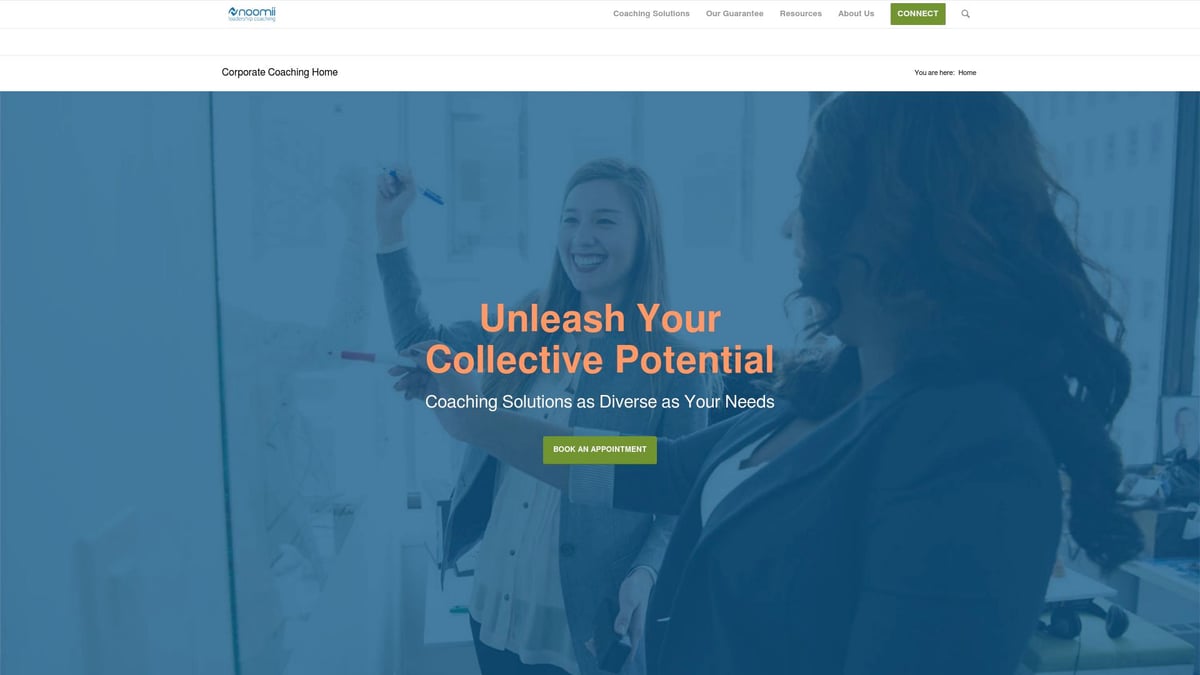
The benefits extend to HR teams and executives seeking measurable leadership growth. Noomii’s approach has led to tangible improvements in leadership effectiveness and team performance within Vancouver-based companies. For those interested in exploring leadership coaching opportunities in Vancouver, Noomii offers a proven path to unlock potential and drive organizational success.
Integrating personalized coaching into your career development and planning in vancouver can set you apart in a competitive market.
Navigating Career Transitions and Advancement in Vancouver
Vancouver’s dynamic job market means career journeys rarely follow a straight line. Whether you’re switching industries, aiming for a promotion, or overcoming unique challenges, successful career development and planning in vancouver is about adaptability, continuous learning, and leveraging the right support systems.

Changing Careers or Industries
Changing careers is increasingly common in Vancouver’s evolving economy. Many professionals are seeking new directions driven by technology, green jobs, or shifting personal values. Success starts with identifying your transferable skills and aligning them with in-demand roles.
Common Transferable Skills Table
| Skill | How It Applies Across Industries |
|---|---|
| Communication | Teamwork, customer service, leadership |
| Problem-solving | Tech, management, operations |
| Project Management | Marketing, construction, healthcare |
| Adaptability | Tech, hospitality, green energy |
For example, a mid-career professional moving from hospitality to tech might highlight customer service and project management skills. Local programs, such as Career Paths for Skilled Immigrants, help newcomers and career changers match their experience to BC’s job market.
Recent data shows that nearly 40% of Vancouver workers have changed industries in the past five years, with higher success for those who actively engage in career development and planning in vancouver. Support includes upskilling courses, mentorship, and career counseling.
Climbing the Career Ladder: Promotions and Leadership Roles
Advancement in Vancouver’s key sectors—tech, healthcare, green energy—requires a proactive approach. Professionals who invest in ongoing development, certifications, and networking are more likely to move from entry-level to leadership roles.
Mentorship and sponsorship programs within companies play a crucial role. For instance, one Vancouver tech employee leveraged internal training and mentorship to progress from support staff to a management position within three years. This kind of trajectory is common for those who prioritize career development and planning in vancouver, especially when they seek feedback and set clear goals.
Leadership development statistics in Vancouver reveal that employees who pursue formal learning and mentorship increase their promotion rates by 25%. Investing in your growth is a proven path to advancement.
Overcoming Common Career Challenges
Despite growing opportunities, professionals often face obstacles like lack of local experience, credential recognition, or workplace diversity. Building confidence and resilience is essential.
Common barriers include:
- Limited Canadian work experience
- Foreign credential challenges
- Navigating workplace culture
- Overcoming imposter syndrome
One newcomer shared how participating in a local mentorship program helped her integrate into Vancouver’s workforce, boosting her confidence and employability. Resilience, adaptability, and a strong support network are critical for long-term success.
For ongoing support and accountability in your career development and planning in vancouver, consider resources like mentorship groups, peer coaching, or setting up regular check-ins with a partner.
Future-Proofing Your Career in Vancouver
Staying relevant in Vancouver’s ever-evolving job market requires more than just technical skills. As industries shift and new technologies emerge, professionals must be proactive about career development and planning in vancouver. Future-proofing your path means embracing lifelong learning, building resilience and a solid personal brand, and exploring entrepreneurial opportunities.
Embracing Lifelong Learning and Adaptability
Continuous learning is the cornerstone of effective career development and planning in vancouver. With automation and AI redefining roles across sectors, keeping your skills updated is non-negotiable. For example, finance professionals in Vancouver are now mastering data analytics and automation tools to stay ahead of industry changes.
Adaptability is equally critical. The pandemic accelerated digital transformation, making it essential to pivot quickly and embrace new ways of working. According to recent labor data, those who invest in upskilling see a marked increase in long-term employability and job satisfaction.
Support is readily available. Vancouver offers a wealth of online courses, university programs, and workshops. Many professionals also turn to coaching and career development insights to identify gaps and create actionable learning plans tailored to their goals.
Building Resilience and Personal Branding
Resilience is a defining trait for those committed to career development and planning in vancouver. Economic changes, industry disruptions, and unexpected setbacks can test even the most prepared professionals. Building resilience means cultivating a growth mindset, seeking feedback, and staying open to new opportunities.
Personal branding is your professional fingerprint. In Vancouver’s competitive market, a strong LinkedIn presence and a polished online portfolio can open doors. Many professionals regularly share industry insights and success stories, positioning themselves as thought leaders.
Career coaches and local experts emphasize the value of networking and mentorship. By actively engaging with Vancouver’s professional community, you boost your visibility and gain insider knowledge on emerging roles and skills.
Exploring Entrepreneurship and Freelancing
Entrepreneurship and freelancing are rapidly growing avenues for career development and planning in vancouver. The city’s vibrant startup scene, combined with the rise of remote work, has made self-employment more accessible than ever. Coworking spaces, business incubators, and government grants support new ventures at every stage.
Freelancers in Vancouver’s creative and tech sectors are thriving by diversifying their client base and adapting to market demands. For instance, a graphic designer might expand services to include digital marketing or UX design, ensuring steady work despite economic fluctuations.
According to recent city data, small businesses and freelancers contribute significantly to local job creation.
Resources, Tools, and Actionable Checklists for Vancouver Career Planners
Navigating career development and planning in vancouver requires a smart toolkit and a clear action plan. Whether you are entering the workforce, changing careers, or aiming for advancement, the right resources make a measurable impact. This section highlights essential tools, top networking opportunities, and practical steps to help you stay accountable and focused on your goals.
Essential Vancouver Career Planning Tools
The foundation of effective career development and planning in vancouver is access to reliable resources. Start with online platforms like WorkBC, Indeed, and LinkedIn. These sites offer job postings, company insights, and salary benchmarks tailored for the local market.
Books and podcasts focused on Vancouver’s professional landscape provide expert advice and new perspectives. Top picks include “Pivot” by Jenny Blake and “The Vancouver Tech Podcast.” For structured progress, digital tools like Trello or Notion help you track goals, applications, and skill-building milestones.
Consider working with a personal career coach for tailored guidance. Learn more about the personal career coaching benefits that can accelerate your journey. Many professionals in Vancouver credit coaching with helping them overcome obstacles and clarify their next steps.
Here’s a sample checklist to jumpstart your planning:
| Step | Action |
|---|---|
| Self-Assessment | Identify skills, values, goals |
| Research | Explore industries, roles |
| Skills Development | Find courses, certifications |
| Networking | Attend local events, connect |
| Application | Tailor resume, prepare for interviews |
By leveraging these resources, you can create a customized strategy for career development and planning in vancouver.
Local Networking and Professional Events Calendar
Networking is a cornerstone of career development and planning in vancouver. The city hosts a vibrant calendar of job fairs, industry conferences, and networking events that open doors to new opportunities.
Major annual events include the Vancouver Job Fair, Tech Talent Conference, and the BC Career Development Conference. Many organizations, such as the Vancouver Board of Trade and local alumni networks, organize meetups and panel discussions throughout the year.
To maximize your participation, set clear objectives before attending. Prepare a brief introduction, research key attendees, and follow up promptly after events. Building authentic connections can lead to job referrals, mentorship, and industry insights.
A recent success story involves a newcomer who landed a role at a leading green energy company by attending a local networking mixer. This demonstrates how the right events can directly impact your career trajectory.
Staying active in Vancouver’s professional community is essential for ongoing career development and planning in vancouver.
Additional Support and Accountability
Long-term success in career development and planning in vancouver depends on support and accountability. Regular check-ins with a mentor, accountability partner, or career coach can keep you on track and motivated.
Set up monthly reviews to assess your progress, adjust your goals, and celebrate milestones. Many professionals benefit from executive coaches who specialize in career advancement, offering advanced strategies and honest feedback.
If you want ongoing support, accountability, and expert guidance for your career journey, visit Accountability Now. Their services help you stay committed to your goals and adapt to changing circumstances in Vancouver’s dynamic job market.
Taking these steps ensures you remain proactive, resilient, and ready for every stage of your career development and planning in vancouver.
